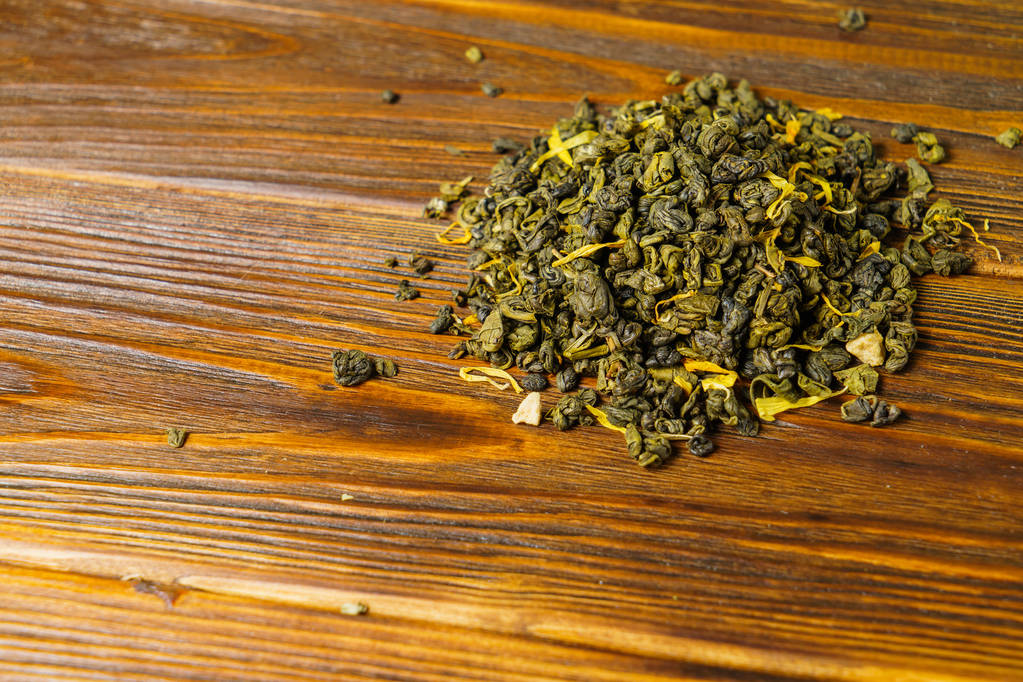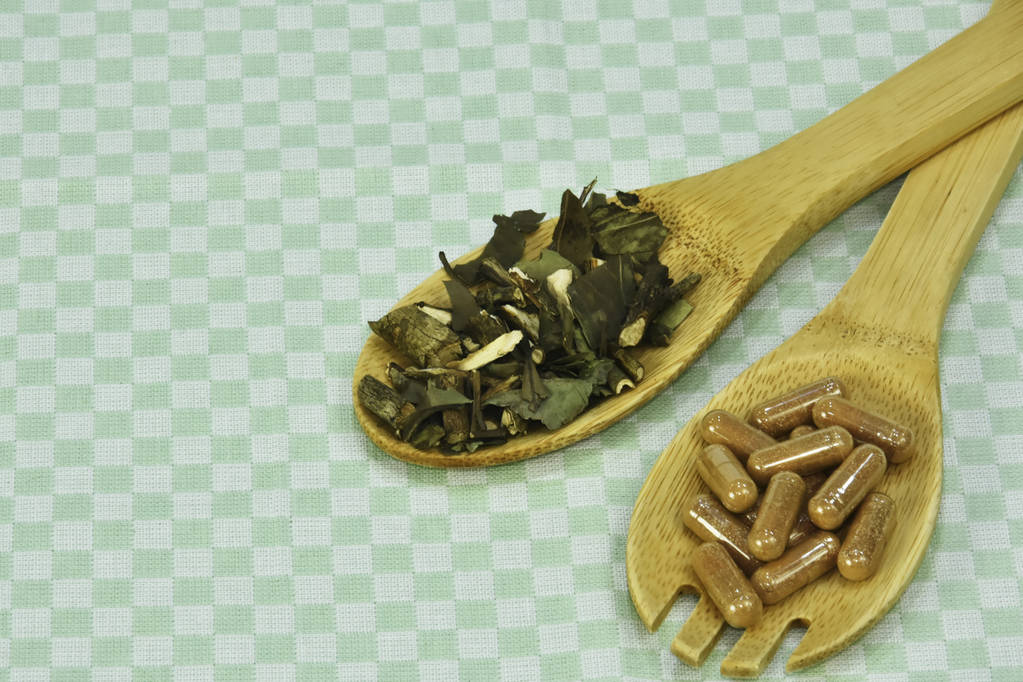L-Theanine: Nootropic Explained
September 13, 2023

Welcome, fellow brain enthusiasts! In the world of nootropics, there's a star player that's been gaining quite a bit of attention lately. Meet L-Theanine, the cool, calm, and collected amino acid that's here to help you relax, focus, and maybe even catch a few more Z's.
But what exactly is L-Theanine, and why is it such a big deal in the nootropic world? Well, sit back, grab a cup of green tea (more on that later), and let's dive into the fascinating world of this unique compound.

What is L-Theanine?
First things first, let's get to know our star player. L-Theanine is an amino acid, which means it's one of the building blocks that make up proteins. But unlike some of its more well-known siblings like tryptophan or tyrosine, L-Theanine isn't one that you'll find in your body's proteins. Instead, it's known as a non-protein amino acid.
But don't let that fool you into thinking it's not important. L-Theanine has some pretty unique properties that make it stand out from the crowd. For starters, it's one of the few amino acids that can cross the blood-brain barrier, which means it can directly influence brain chemistry. And that's where the magic happens.
Origins of L-Theanine
So where does L-Theanine come from? Well, it's actually found naturally in a few different places. The most well-known source is green tea, which is why we suggested you grab a cup at the beginning of this article. But it's also found in other types of tea, as well as certain types of mushrooms.
Interestingly, L-Theanine was first identified in green tea leaves back in 1949. But it wasn't until the 1990s that scientists really started to explore its potential benefits for the brain. And what they found was pretty exciting.
L-Theanine and the Brain
When L-Theanine crosses the blood-brain barrier, it has a few different effects. First, it increases the levels of certain neurotransmitters, or chemical messengers, in the brain. These include GABA, serotonin, and dopamine, all of which play a role in mood, sleep, and focus.
But that's not all. L-Theanine also seems to decrease levels of chemicals in the brain that are linked to stress and anxiety. This might be why many people report feeling more relaxed after taking L-Theanine.
The Role of L-Theanine in Nootropics
Now that we know a bit more about what L-Theanine is and what it does, let's explore why it's such a big deal in the world of nootropics. Nootropics, in case you're not familiar, are substances that can enhance brain function. They're often referred to as "smart drugs" or "cognitive enhancers."
And L-Theanine? Well, it's one of the most popular nootropics out there. And for good reason. Its unique ability to both relax the mind and enhance focus makes it a favorite among students, professionals, and anyone else looking for a mental boost.
Benefits of L-Theanine as a Nootropic
So what exactly can L-Theanine do for your brain? Well, a lot, actually. One of the most well-studied benefits is its ability to promote relaxation without causing drowsiness. This can be especially helpful for people who struggle with stress or anxiety.
But the benefits don't stop there. L-Theanine can also enhance focus and attention, especially when combined with caffeine. This makes it a popular choice for people who need to stay alert and focused, whether they're studying for a big exam or trying to meet a work deadline.
How to Use L-Theanine
So how do you go about reaping these brain-boosting benefits? Well, there are a few different ways to get your L-Theanine fix. The most natural way is to drink green tea, which contains about 25-60 mg of L-Theanine per cup. But if you're looking for a bigger boost, you might want to consider a dietary supplement.
Most L-Theanine supplements contain 100-200 mg of the amino acid. And while it's generally considered safe, it's always a good idea to talk to your doctor before starting any new supplement regimen.
Side Effects and Safety of L-Theanine
Now, we know what you're thinking. This all sounds great, but are there any side effects? Well, the good news is that L-Theanine is generally considered safe. Most people can take it without experiencing any negative side effects.
That being said, everyone is different. Some people might experience mild side effects like headache, nausea, or irritability. And while these are generally rare, it's always a good idea to listen to your body and talk to your doctor if you have any concerns.
Interactions with Other Substances
One thing to keep in mind is that L-Theanine can interact with other substances. For example, because it can enhance the effects of caffeine, it might increase your sensitivity to caffeine if you take them together. This can lead to symptoms like increased heart rate or jitteriness.
Similarly, because L-Theanine can promote relaxation, it might enhance the effects of other substances that have a similar effect, like alcohol or sedative medications. So if you're taking any other substances, it's a good idea to talk to your doctor before adding L-Theanine to the mix.

Final Thoughts on L-Theanine
So there you have it, folks. L-Theanine: the cool, calm, and collected amino acid that's taking the nootropic world by storm. With its unique ability to promote relaxation and enhance focus, it's no wonder this little compound has become such a star player.
Whether you're a stressed-out student, a busy professional, or just someone looking for a mental boost, L-Theanine might just be the nootropic for you. So why not give it a try? Who knows, it might just become your new favorite brain booster.
A Word of Caution
But remember, as with any supplement, it's important to do your research and talk to your doctor before starting a new regimen. While L-Theanine is generally considered safe, it's always a good idea to make sure it's the right fit for you.
So here's to your brain health, and to the exciting world of nootropics. Happy exploring!

 Back to Blog
Back to Blog